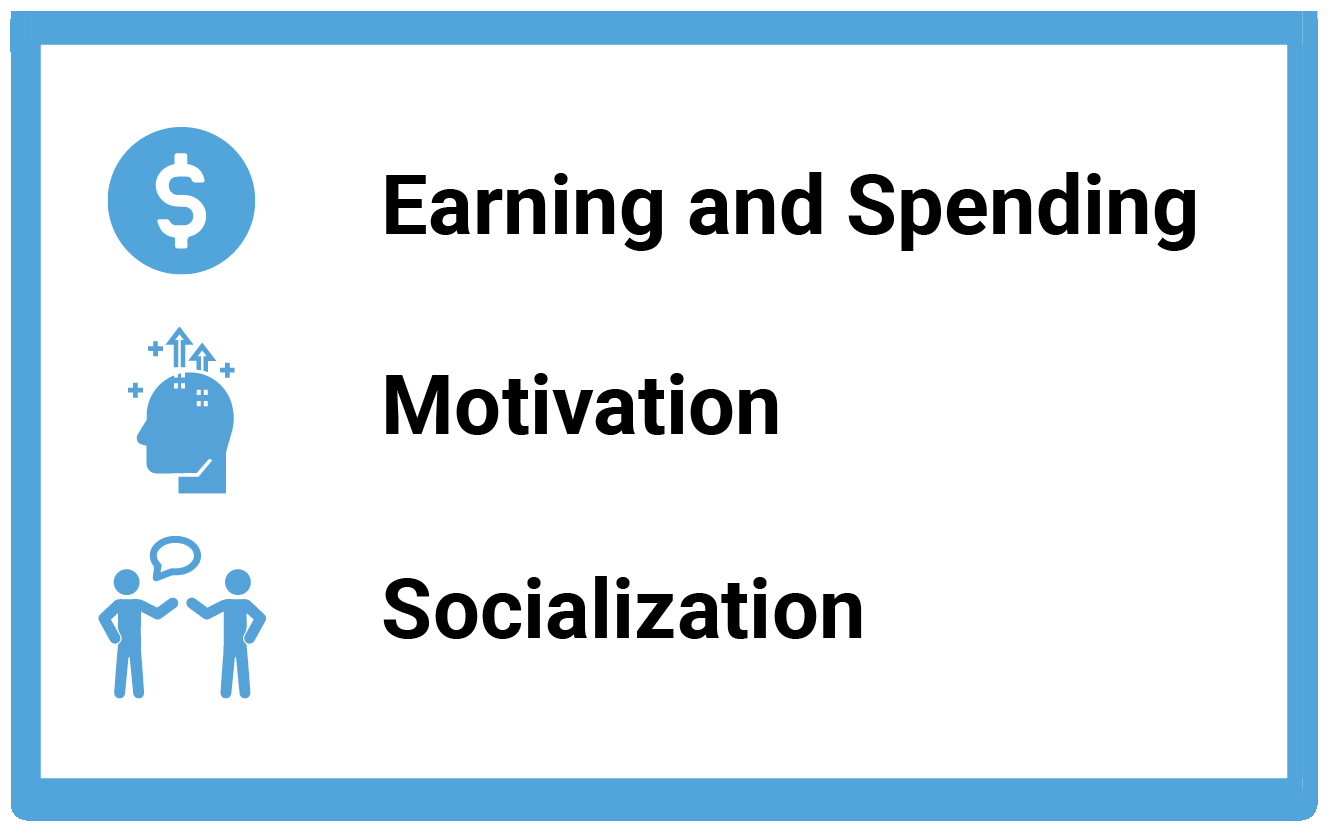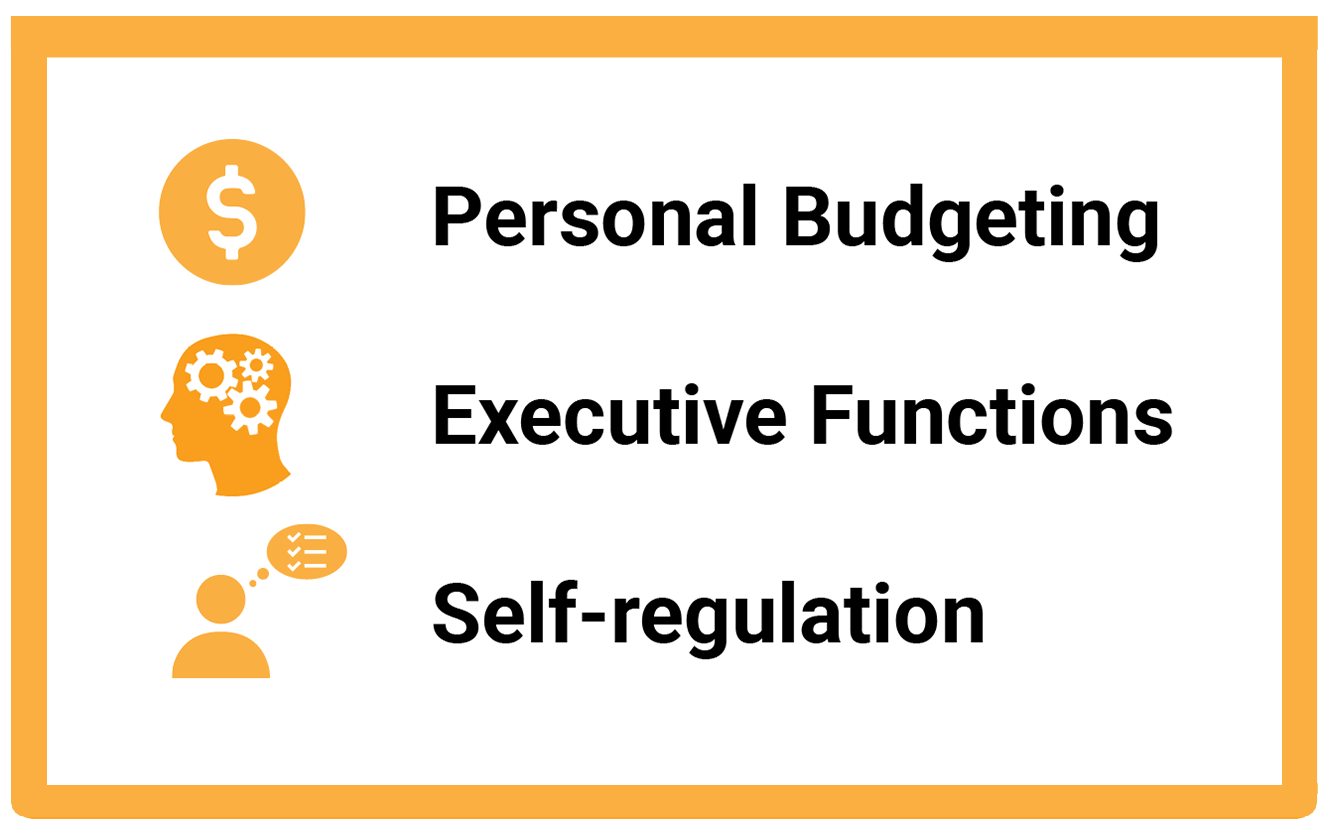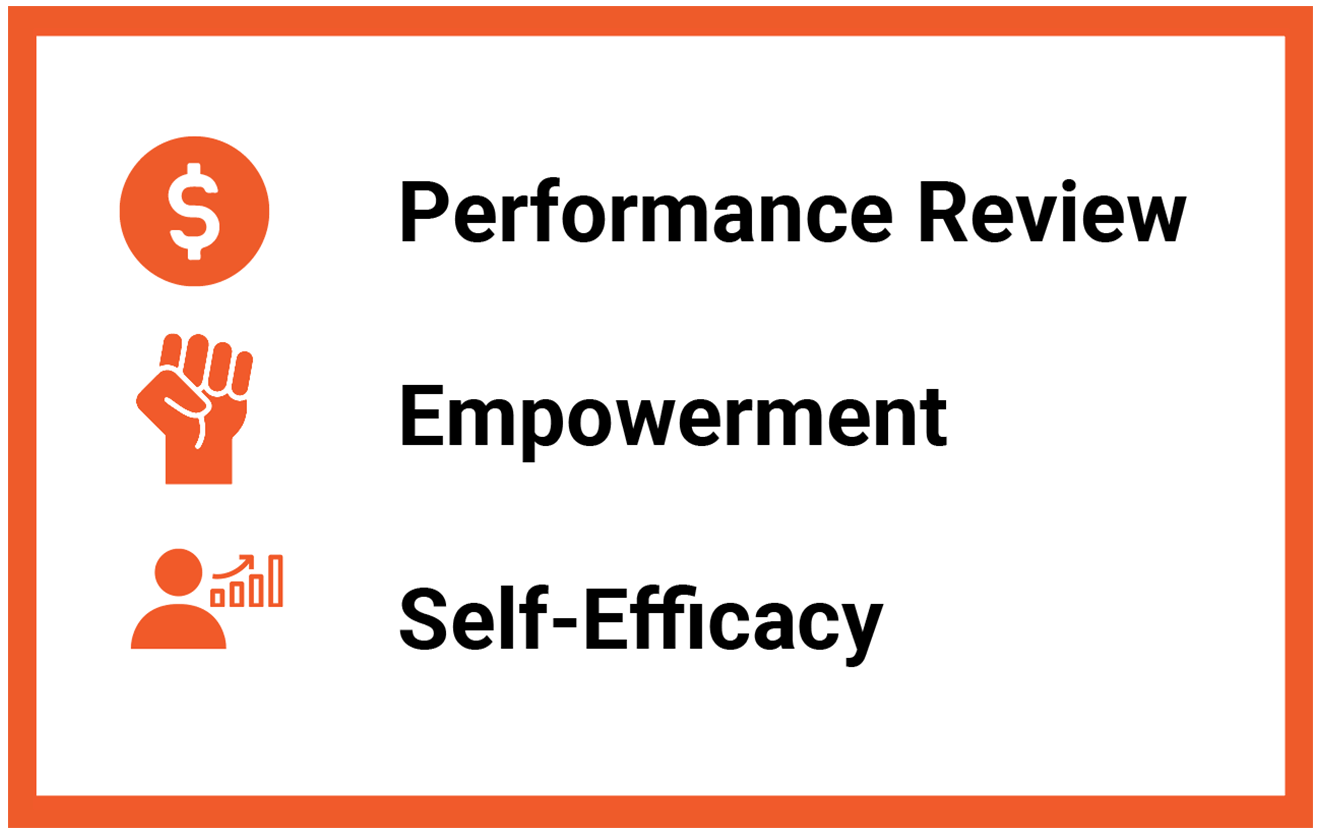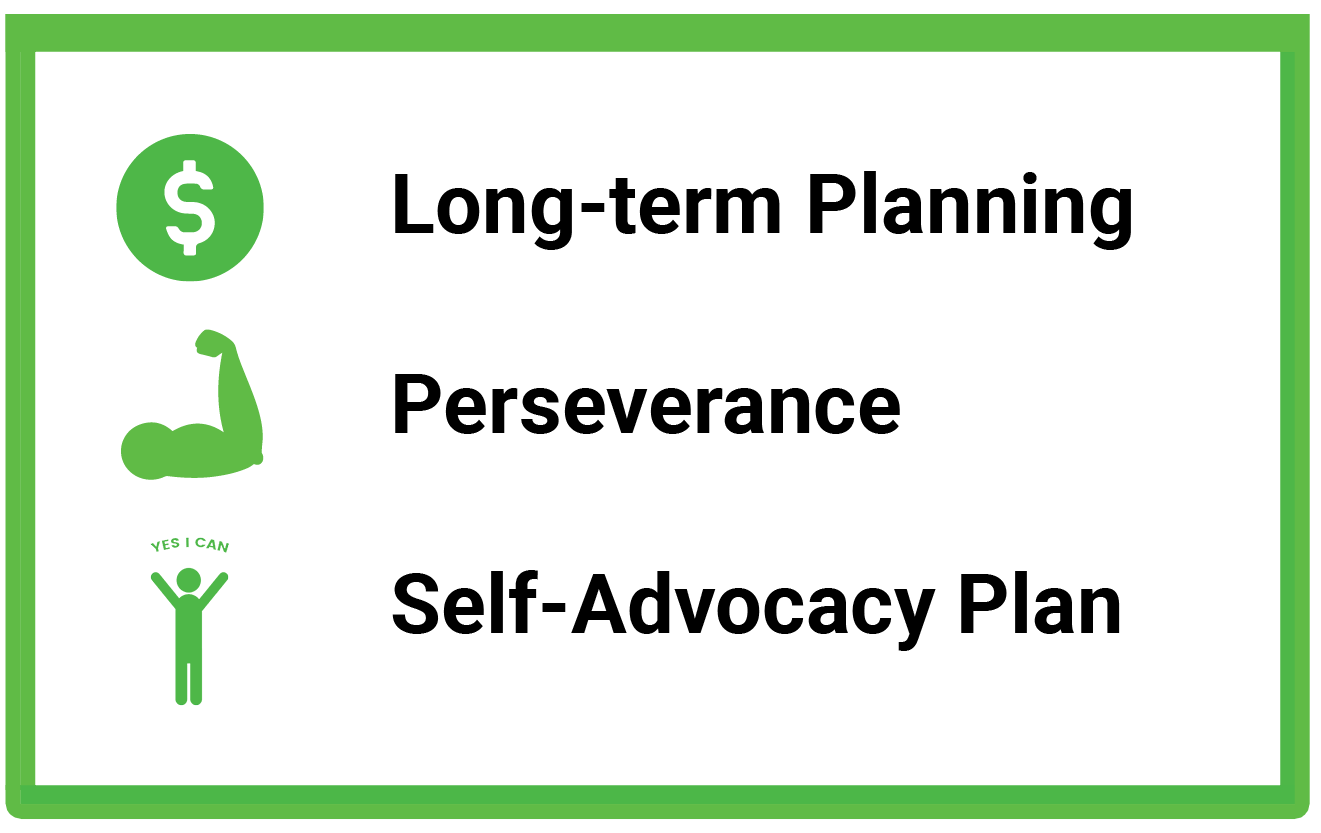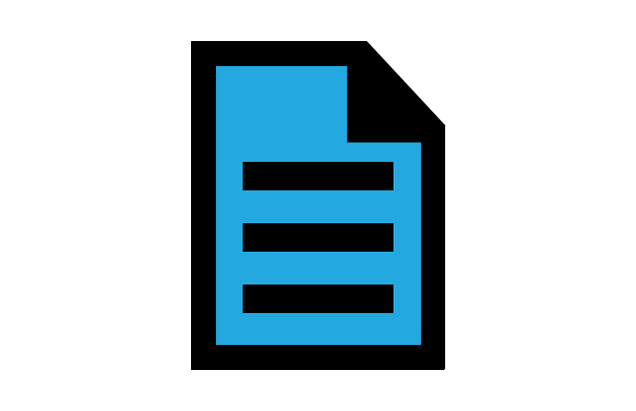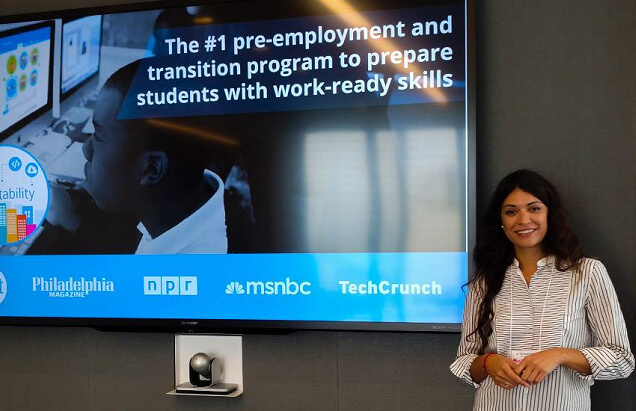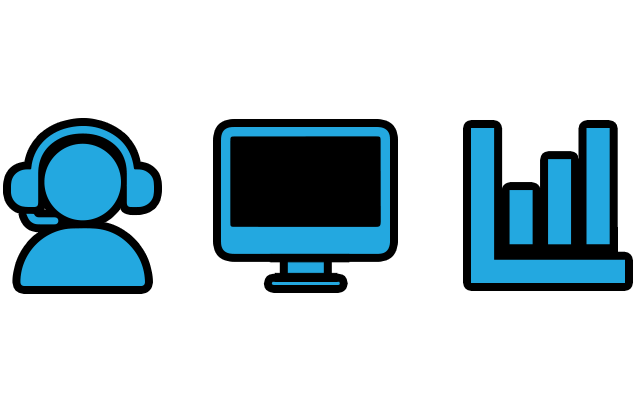How It Works
Social-Emotional Capacity with Digitability's Social Economy
Digitability's Social Economy uses the best, evidence-based practices for teaching workplace behavior.
Digitability’s Social Economy streamlines social and emotional skill development to teach self-advocacy, social skills, self-regulation, and problem-solving in the workplace.
Simultaneously, students develop financial literacy, while paying bills and maintaining a budget using the Digitability virtual currency and online banking system, Bankability.
The Social Economy: Four Levels
Designed by experts in the area of education, behavior and work-ready skills, Digitability’s Social Economy is designed for students to develop self-regulation strategies and replacement behaviors.
What Are Some Common Workplace Social Skills?
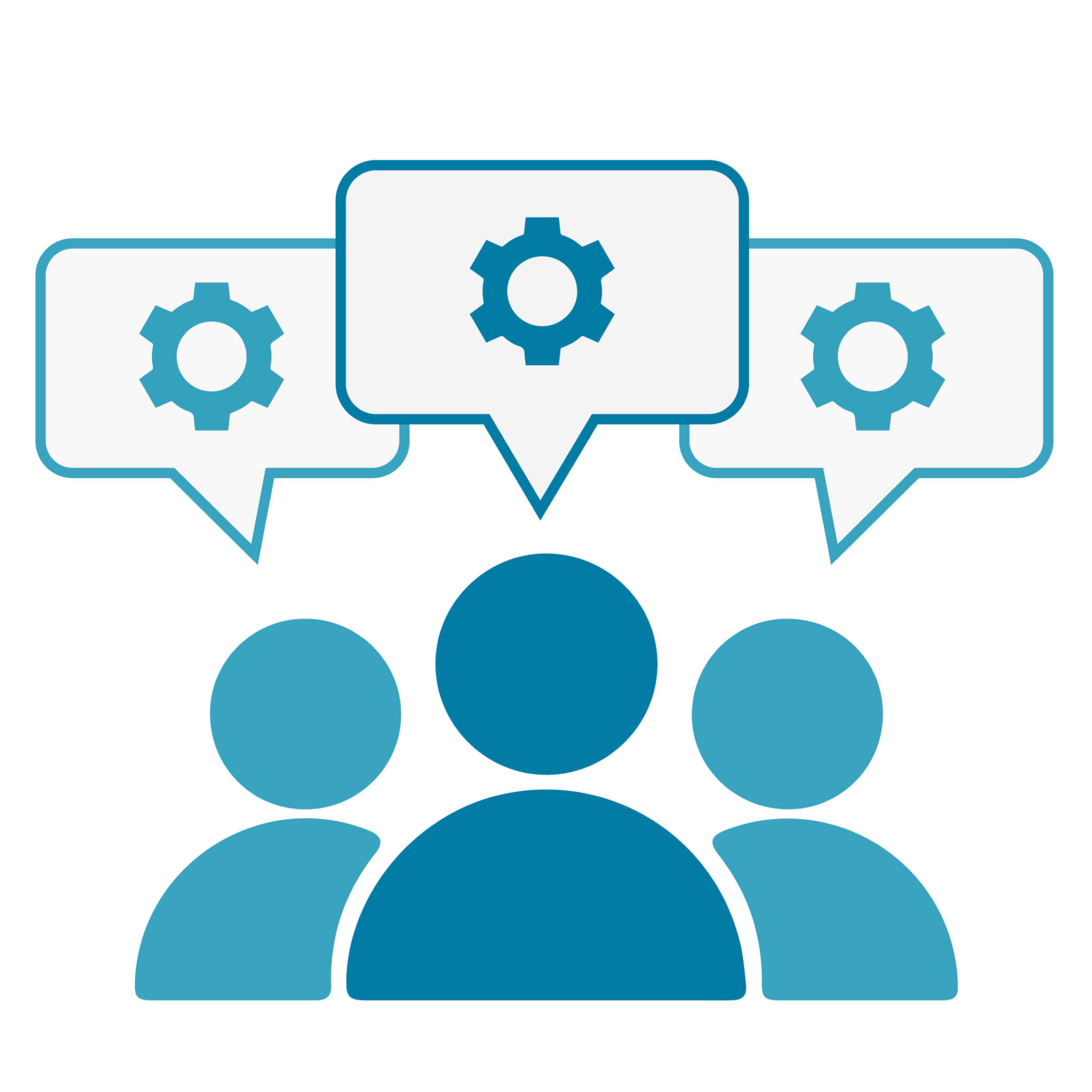
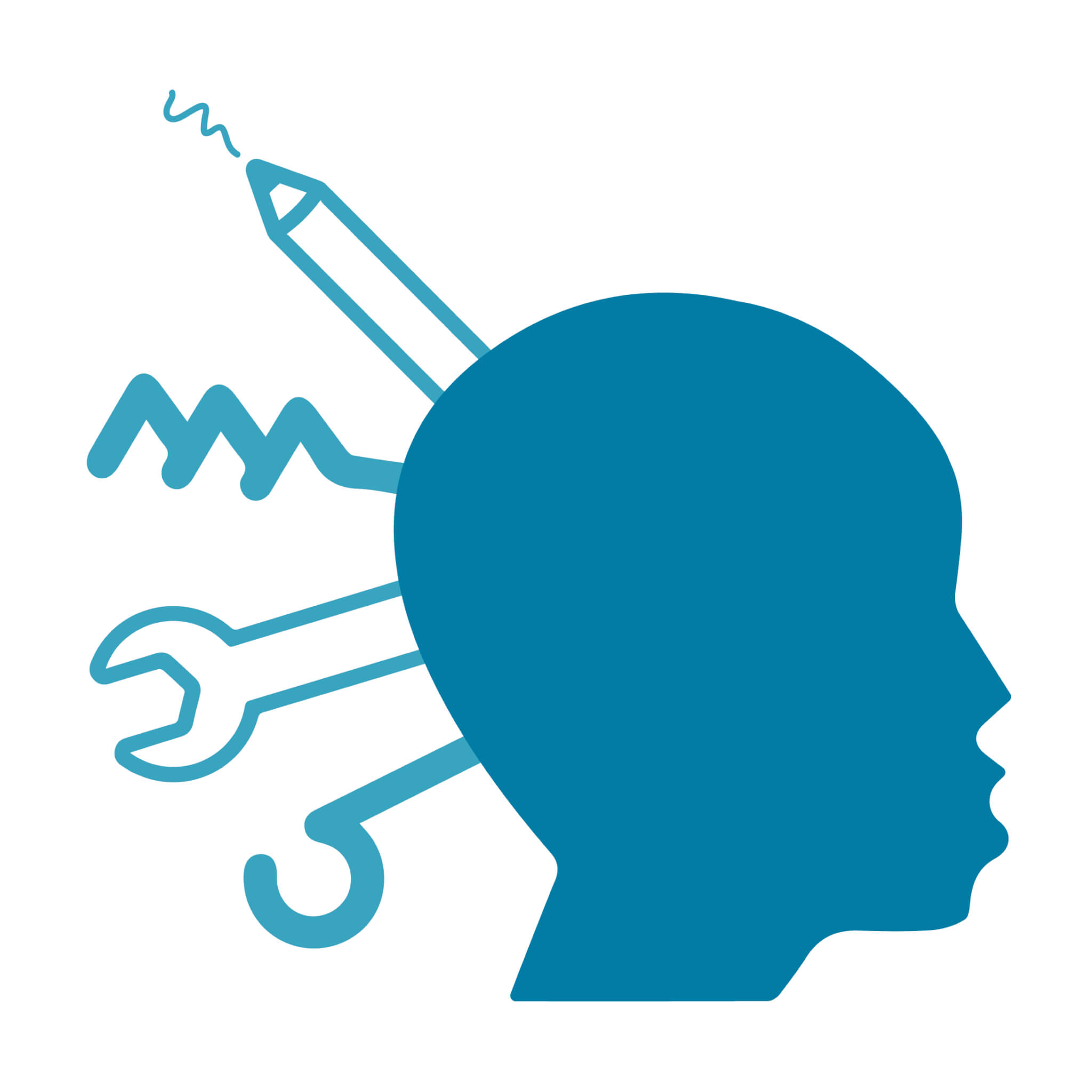
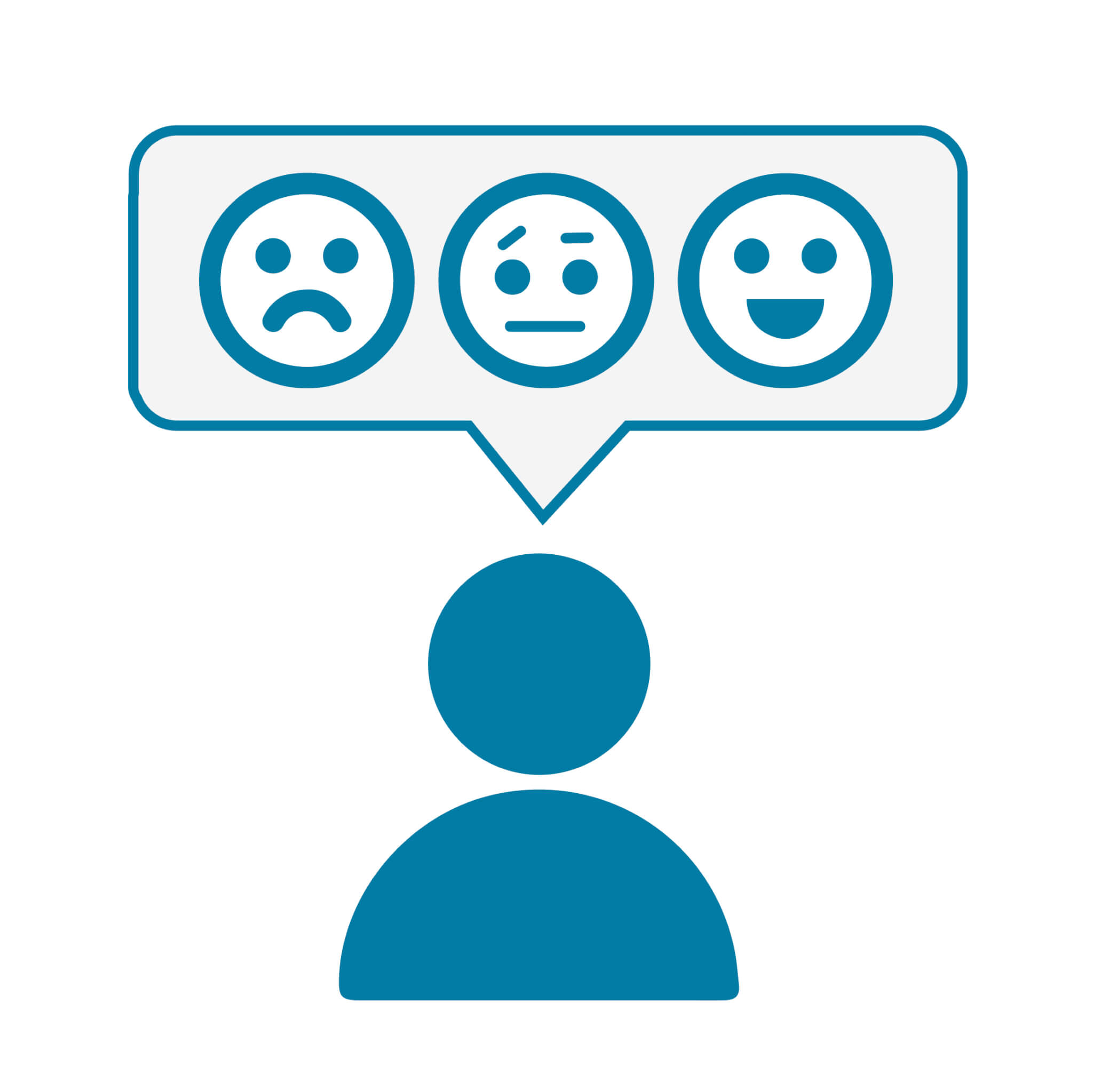
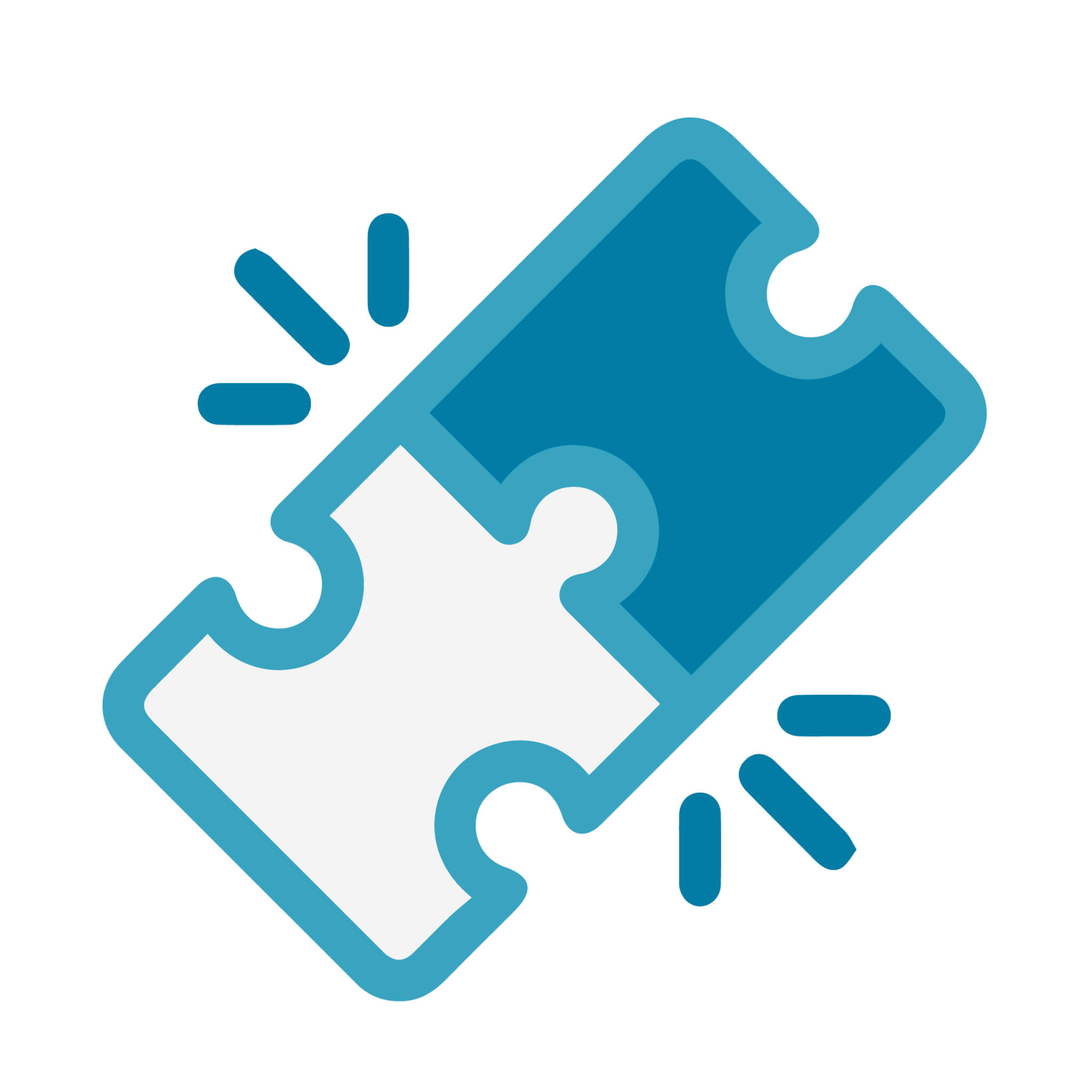
Streamlining the Best, Evidence-Based Practices
Teachers who are trained in Digitability's Social Economy are empowered with research-based practices, such as those included in the principles of Applied Behavior Analysis, without the need for more schooling or additional training. Digitability's one-of-a-kind training helps teachers with all levels of teaching experience apply these practices simply and efficiently.
How Does Digitability's Social Economy Empower Students?
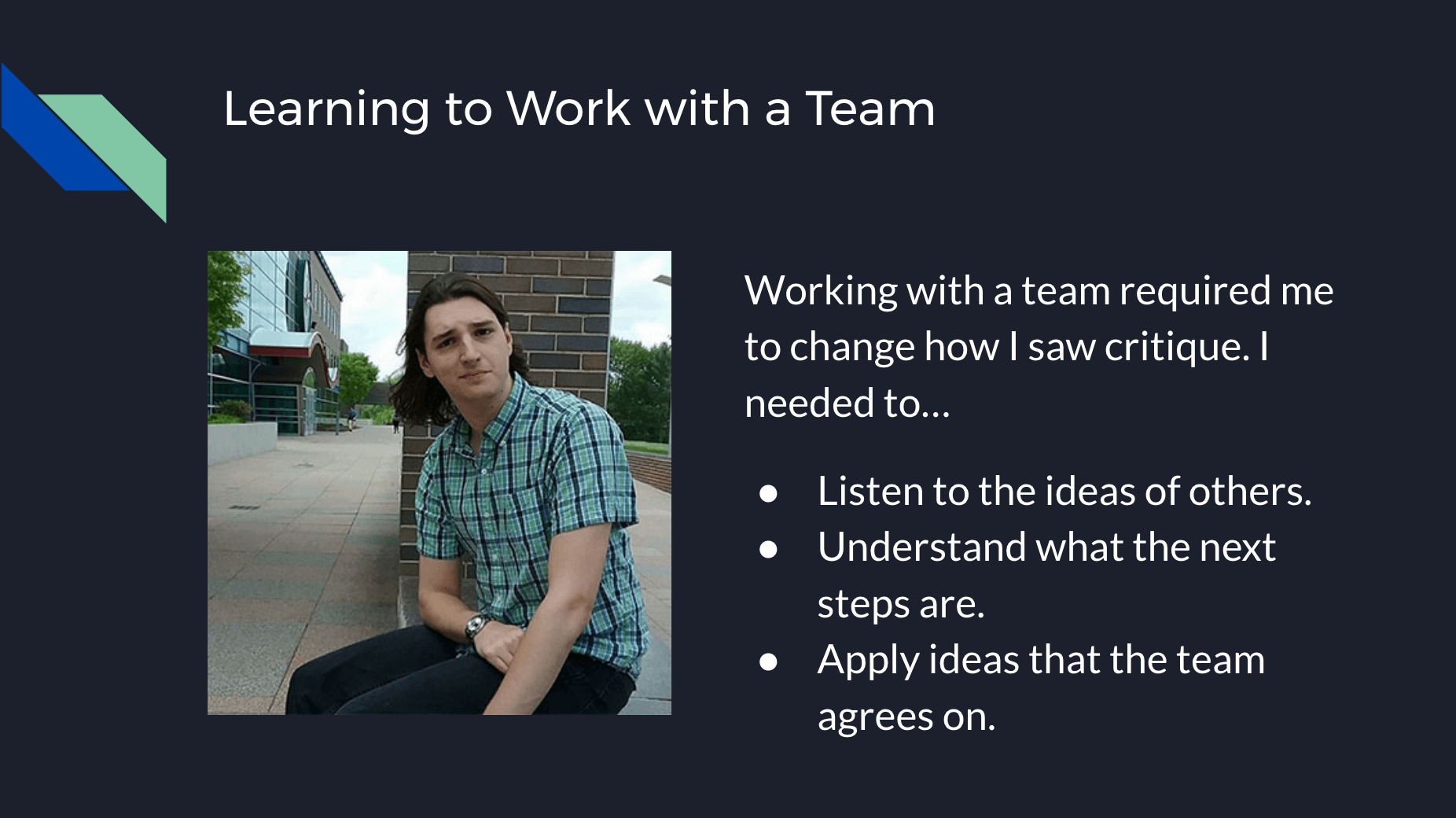
Students access technology to create media for their ideas and completed workplace tasks.
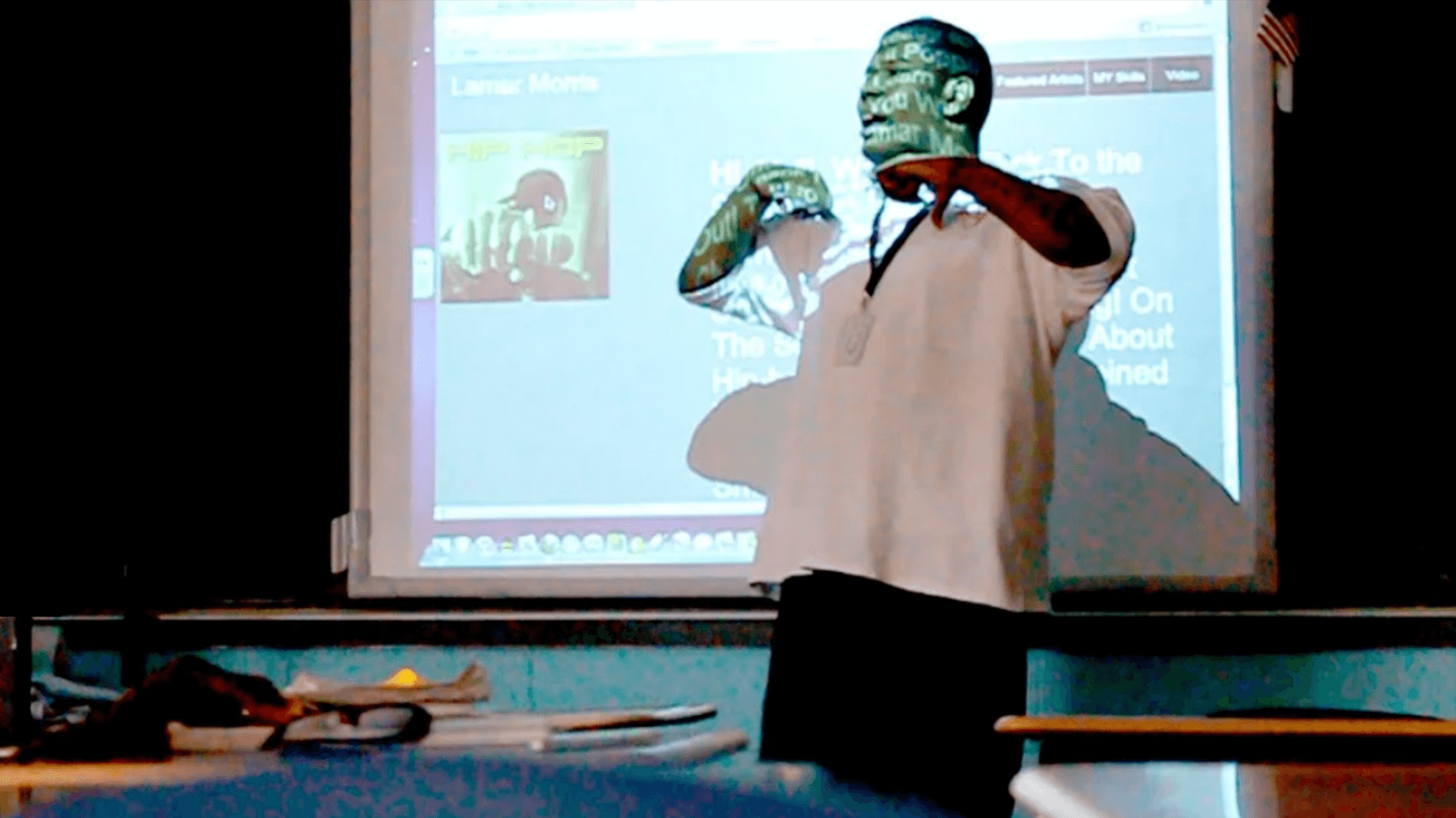
Students build confidence and self-efficacy by presenting their work and interpreting questions and feedback.

Students practice and internalize the ability to self-advocate and interview.
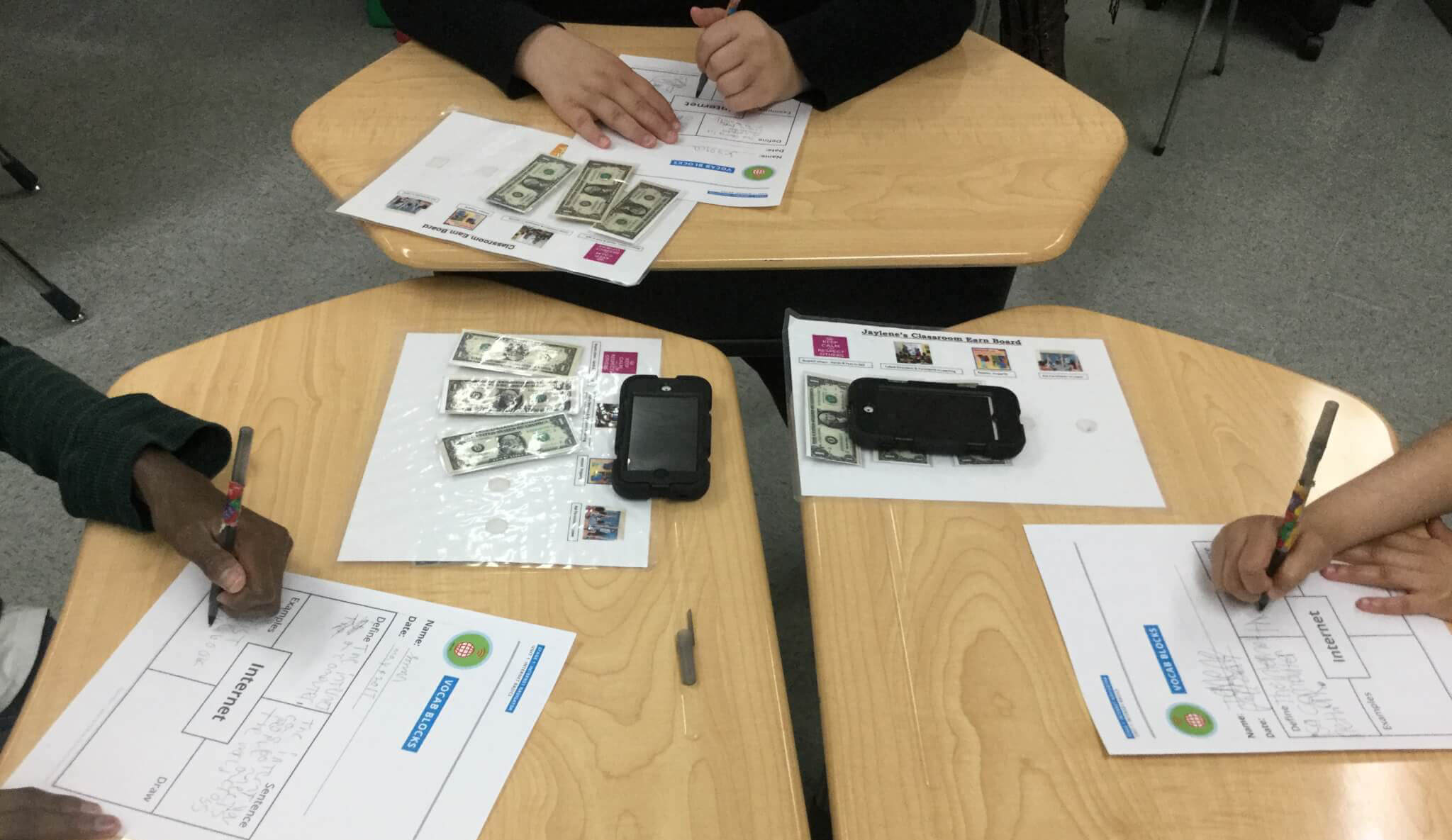
Teaching Boundaries and Social Skills for the Workplace, Along with Financial Literacy.
Simultaneously, students develop financial literacy while managing their earnings and classroom budget. Teachers use the Digitability Social Economy to monitor progress and measure outcomes.
While these dollars are not legal U.S. currency, their real value lies in the skills they teach students. Students learn to interact within a real economy by paying bills for desk rent, internet use, and gym membership, as well as buy privileges like snacks and preferred activity time.
Get Your FREE Quote Today!

